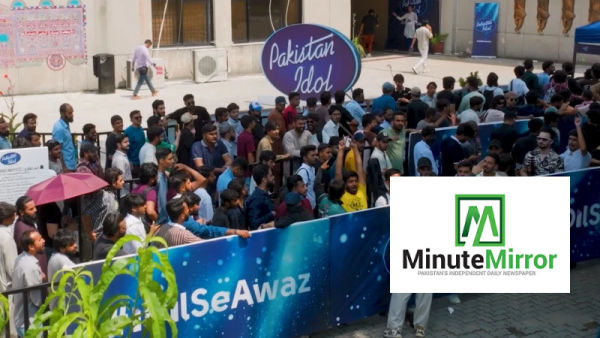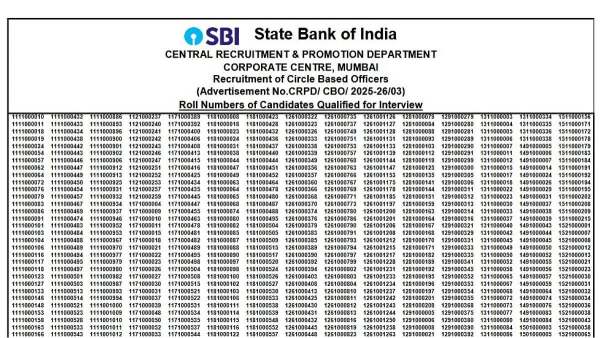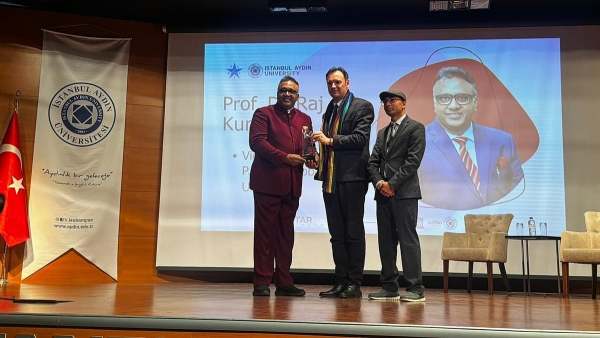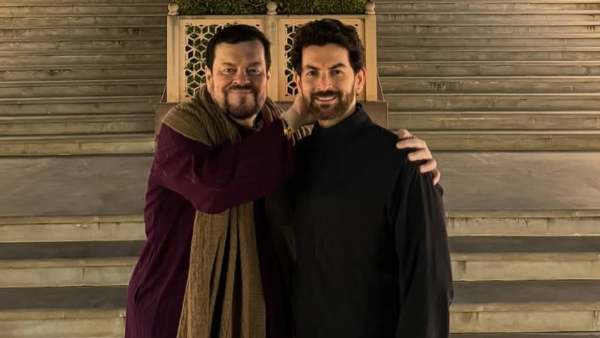
After years of silence, Pakistan Idol is back with its second season, promising to revive the country’s musical spirit. The iconic singing competition, based on the globally recognized Idol format, has been reimagined to better suit Pakistan’s culture, music industry, and audience.
Speaking to the media , Shafaat Ali said, “The format of Pakistan Idol’s first season came from abroad, but this time, the team has worked to adapt it to our own industry and local environment.”
Producer Badr Ikram confirmed several new updates, noting that for the first time, online auditions were allowed significantly increasing female participation. “Another first is that the show will be broadcast on multiple television channels,” he said. “Pakistan is the first country where Fremantle has allowed the show to air across more than one network.”
Fremantle and Pakistan Idol
Discussing Fremantle, Ikram explained that it is one of the world’s largest production companies, owning licenses for many international television formats. “Idol is their creation and is broadcast in 56 countries. People think it’s Indian Idol or American Idol, but it’s actually a single format adapted by each country. Bringing that franchise back to Pakistan is a huge achievement, showing the growing confidence of global media companies in our entertainment industry.”
When asked whether this season will feature only local songs, judge Zeb Bangash said enthusiastically, “Yes, all the songs this time will be Pakistani.” She added, “We collectively decided that only Pakistani tracks will be used in auditions. What’s beautiful is that many young participants researched local music and brought rare Pakistani songs to perform.”
Looking Back at Season One
Pakistan Idol’s first season was memorable for many, but where are its contestants today? How far did the show help them achieve their dreams?
Rose Mary Mushtaq, the only woman to reach the Top Five, continues her music career. “Our batch was full of talent, but we didn’t receive the kind of recognition or opportunities contestants get in other countries’ Idol versions,” she said. “In Pakistan, we had to carve our own path. There was little response or guidance from the music and film industry.”
Season one finalist Waqas Ali Vicky agreed, noting that opportunities for singers in Pakistan remain limited. “There aren’t many private or corporate events,” he said. “After the show, every artist has to create their own path. You must stay connected with the audience and industry through your music.”
He added, “You don’t always get what you expect, but over time, things slowly improve though not to the level you dream of when you start.”
The Reality of the Music Industry
Rose Mary also spoke about networking, saying, “In Pakistan’s music industry, everyone knows everyone, so it’s not about being invisible. I’ve been active on social media for over a decade, but I believe that if I were in another country, I’d have gained more opportunities even through online platforms alone.”
Another contestant, Syed Sajid Abbas, who reached the Top 13, now works in advertising and sings for drama soundtracks and commercials. He said, “Shows like Pakistan Idol build confidence. They let you discover your weaknesses and improve. The show gives you an opportunity but success still depends on your own effort.”
Producers of Pakistan Idol share that view. “We provide the platform,” they said. “After that, every artist must find their own destination.”
Judge Zeb Bangash agreed, noting that the music industry is far from easy. “Challenges exist for everyone, not just newcomers,” she said. “Payments are often delayed, proper representation is lacking, and professionalism is still developing. From the outside, it looks glamorous but it’s much tougher in reality.”
Hopes for the Future
Judge Rahat Fateh Ali Khan expressed optimism for the country’s young artists. “We’ve given them a platform,” he said. “Now it’s their own journey, how they take their art forward depends on them.”
He added that reviving Pakistan’s film industry is crucial for musicians. “When films flourish, singers get opportunities to perform and grow.”
Rose Mary Mushtaq, reflecting on the past, said, “In the previous season, there were promises of tours and shows for finalists, but those never happened.”
Responding to that, producer Badr Ikram said, “This time, the top three finalists will receive an international record deal, along with opportunities for albums, music videos, and concerts.”
Can Pakistan Idol Succeed This Time?
Despite past challenges, Ikram remains hopeful. “The response to our auditions and promotional campaign shows that people are still deeply interested in this show,” he said.
He added, “For the first time, both federal and provincial governments, along with private organizations, are supporting us. We’re finally seeing recognition of art and culture at a national level.”
Mushtaq echoed the sentiment. “Shows like Pakistan Idol must continue. It’s not only about winning, you learn, grow, and become more serious about your craft when surrounded by passionate musicians.”
Judge Zeb Bangash concluded, “Consistency is key. Each season creates new chances for singers. This may be Season Two, but after such a long break, it feels like we’re starting fresh again.”
We welcome your contributions! Submit your blogs, opinion pieces, press releases, news story pitches, and news features to opinion@minutemirror.com.pk and minutemirrormail@gmail.com
-
SBI CBO Result 2025 Declared For 2,964 Vacancies; What’s Next?

-
OP Jindal Global University Wins 2025 Global Education For Peace Award In Turkiye

-
Tanu Weds Manu Actor Jimmy Shergill's Father, Satyajit Singh Shergill, Passes Away At 90

-
Neil Nitin Mukesh & His Father Buy A Lavish Apartment In Mumbai’s Lower Parel Worth ₹ 11.35 Crore: Report

-
Ukrainian Crypto Trader Konstantin Ganich Found Dead In Lamborghini With Bullet Wound Amid Market Crash
